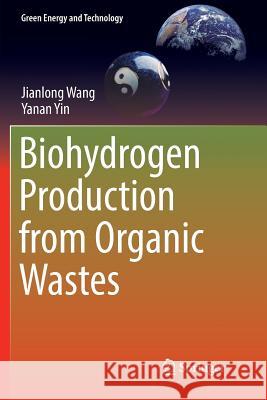Biohydrogen Production from Organic Wastes » książka
topmenu
Biohydrogen Production from Organic Wastes
ISBN-13: 9789811351983 / Angielski / Miękka / 2018 / 433 str.
Kategorie:
Kategorie BISAC:
Wydawca:
Springer
Seria wydawnicza:
Język:
Angielski
ISBN-13:
9789811351983
Rok wydania:
2018
Wydanie:
Softcover Repri
Ilość stron:
433
Waga:
0.62 kg
Wymiary:
23.39 x 15.6 x 2.31
Oprawa:
Miękka
Wolumenów:
01
Dodatkowe informacje:
Wydanie ilustrowane











